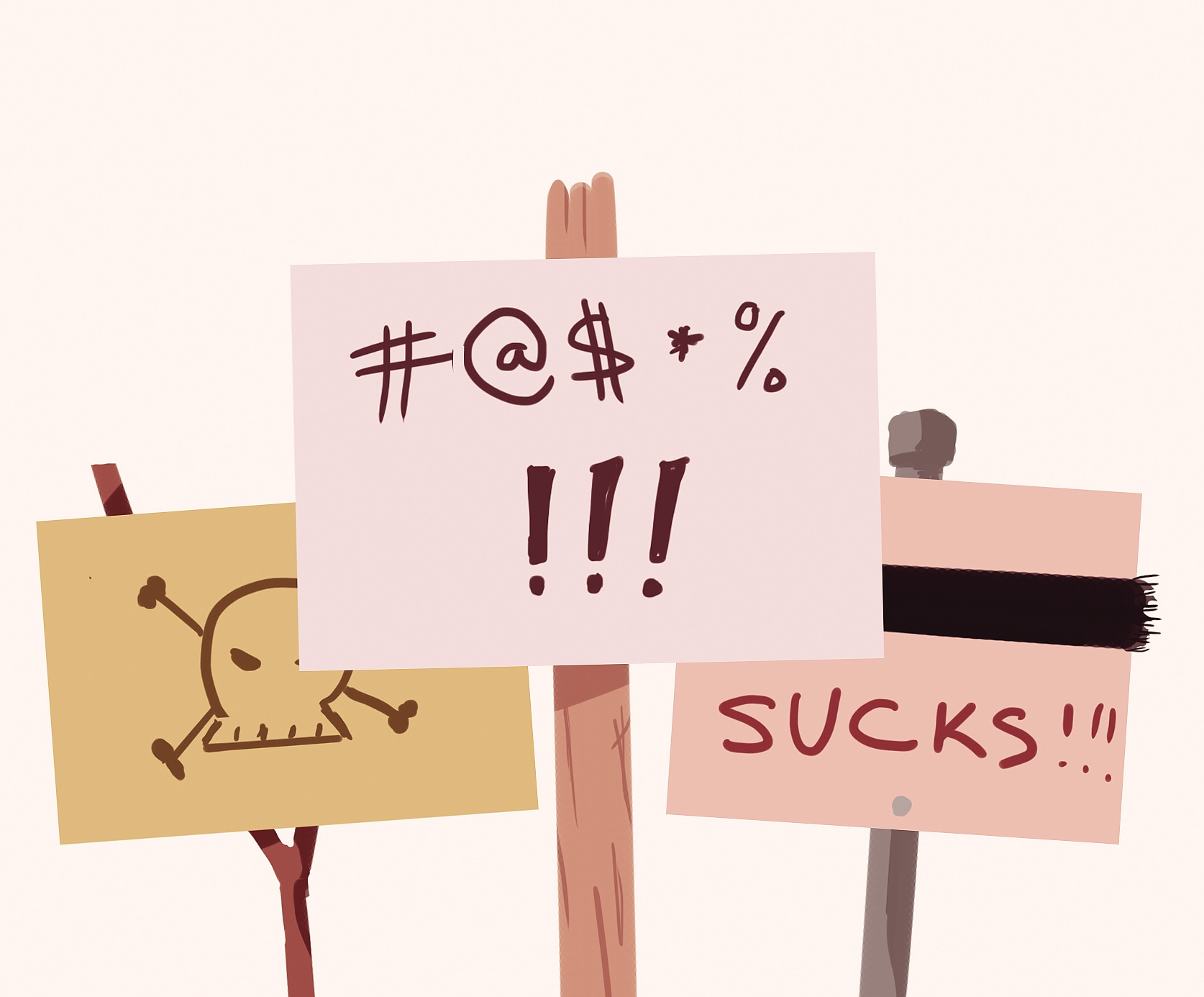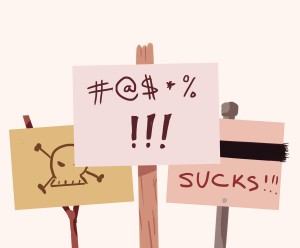A closer look at Laurier culture

Students across the country have drawn attention to their universities with displays of inappropriate behaviour and messages.

In the past year, students across the country have drawn attention to their universities with displays of inappropriate behaviour and messages.
Last week, Brock University was in the spotlight after students held up a sign reading “Honk if you’re dropping off your daughter.” Earlier this week, images were posted to social media of Carleton University students wearing t-shirts displaying the phrase “Fuck Safe Space,” speaking against the university’s movement to create an environment on campus free of sexual harassment and homophobia.
While Wilfrid Laurier University hasn’t been among the universities featured in headlines, many feel there is a potential for similar scandals to happen anywhere.
Leanne Holland Brown, dean of students at Laurier’s Waterloo campus, gave a talk to Orientation Week volunteers at training about the importance of creating a safe campus.
“I think it could happen anywhere,” she said. “I think you do your best to train and educate and have the conversation, but ultimately there’s a lot of people and there are a lot of different moments in time where sometimes people are just no aware of the impact of something.”
TJ Cooper, a third-year health sciences student and icebreaker, explained that at the volunteer summer conference, O-Week volunteers went through a full day of training modules, which confronted them with different scenarios to teach them how to respond to potential incidents.
“There was a big focus on using inclusive language because at Laurier you have people from all over the place, different experiences, different backgrounds and we want to make everybody feel welcome and at home,” he said. “So we have to be mindful of what we say.”
Cooper said he felt that the leaders took the training seriously and wanted to learn how to confront students should they hear them using problematic language.
McMaster Engineering Troubles
Last January, McMaster University drew the media’s attention after an incident in which an inappropriate songbook belonging to student volunteers from the engineering society was discovered.
As a result, this year the administration stepped in to recruit, select and train the student leaders in the faculty of engineering.
“There were indications that there was a culture change needed within the engineering society at McMaster,” explained Sean Van Koughnett, associate vice-president of students and learning and dean of students at McMaster.
This was an attempt, he continued, to try and select “the right people” to be role models and try to educate them about the values that McMaster wants to promote.
“I think universities have a role to play in diligently and on a month-to-month, year-to-year basis continually trying to reinforce the type of values and behaviour that we think represent the university well.”
But Van Koughnett said he does not believe the various incidents that have recently occurred at universities indicate an increase in inappropriate behaviour on the part of students.
“I can almost guarantee that this has gone on forever,” he said.
“I think one of the reasons, not to oversimplify, is because everyone now has a video camera in their pocket.”
Laurier Not Exempt
Megan Campbell, a second-year psychology student and Foot Patrol volunteer, shared an unpleasant experience she had at this year’s On Campus Celebration at Laurier. She was on a shift in the Turret where Arkells were going to be playing.
Prior to the show, first-years in the room were chanting the typical O-Week cheers. Some males were lifted onto shoulders, which was greeted by cheering.
“The first time a girl got on someone’s shoulders all of a sudden the entire room full of first-years started chanting ‘tits out for the boys,’ ” she explained. “I was just completely appalled.”
She said she felt nauseated, especially because the student leaders had just done training on gendered violence and how to deal with it.
“How do you stop it when it’s an entire room full of first-year boys?” she said, continuing that she and the icebreakers who were in the room didn’t know how to handle the situation.
“It had been so long since I’d seen that sort of thing at such a large scale. I was taken aback. I was like, are these the kind of people we have in first-year?”
O-Week Volunteer Training
Catherine Mulvihill, director of student experience at the Wilfrid Laurier University Students’ Union, ran the session on language for the O-Week volunteers.
“I got good feedback from some of the volunteers afterwards who said it’s good to think about these things because we’re not always mindful of what we’re saying,” she said. “That both looking at words we know to be hurtful but then words that might have a negative impact even if we don’t know it.”
A new addition to training this year was a presentation given by the Diversity and Equity Office on gendered violence and rape culture.
“We had another conversation about intent versus impact and how we might say things that reinforce that idea of rape culture on campus without meaning to, whether that’s using terminology or slang or how we act,” Mulvihill explained.
This, Mulvihill said, was a direct result of the topic of gendered violence at Laurier being brought up in an open letter to administration that was written last year by students Cassandra Mensah and Ethan Jackson. Mensah also spoke at the training session.
She continued that it’s important to realize that they aren’t conducting this training to try to protect the reputation of the university or prevent scandal.
“In the future it would be nice if we don’t have to do these sessions,” she continued. “But until then I think we want to keep doing that so that we have an environment where people feel safe to be themselves.”


